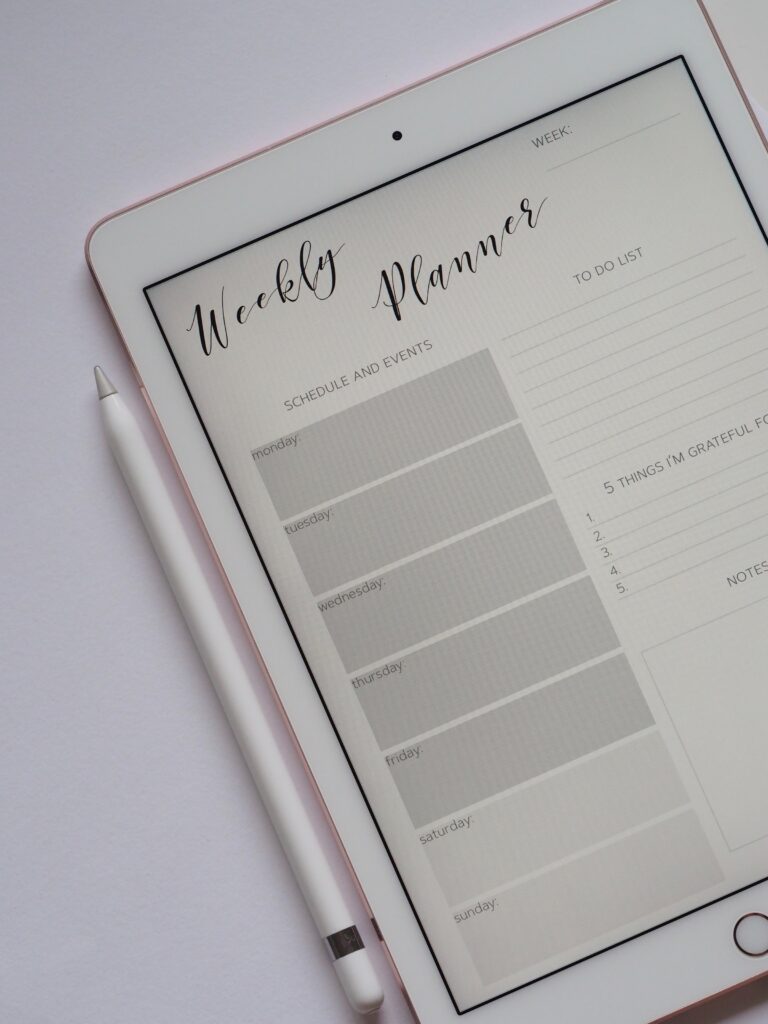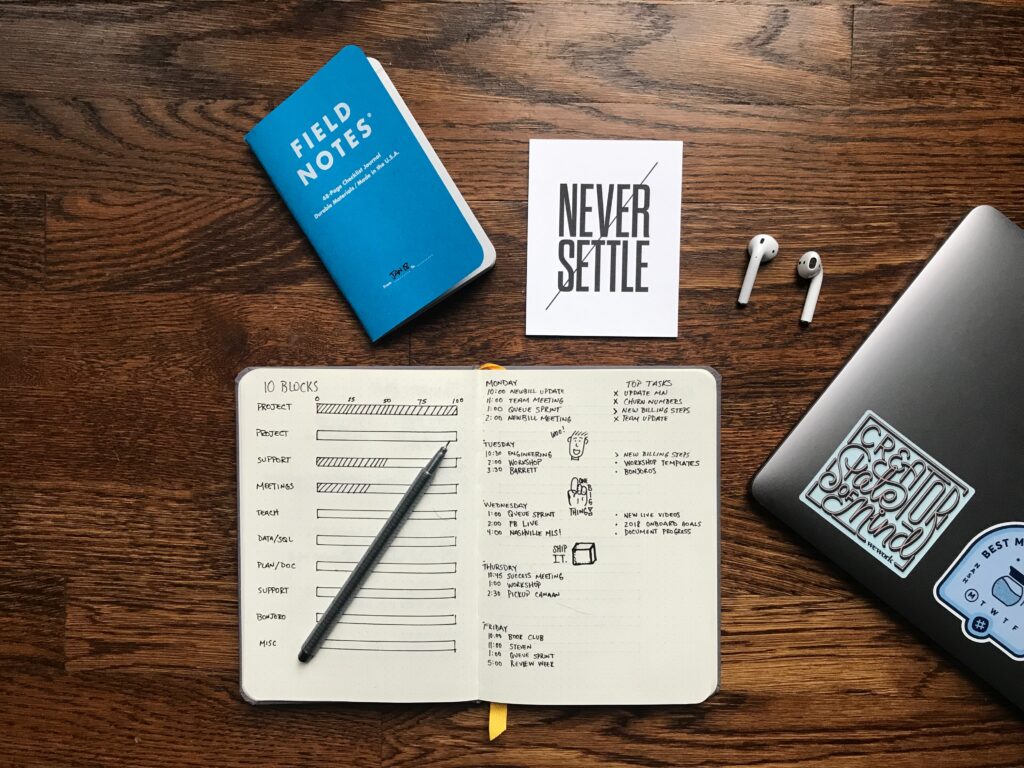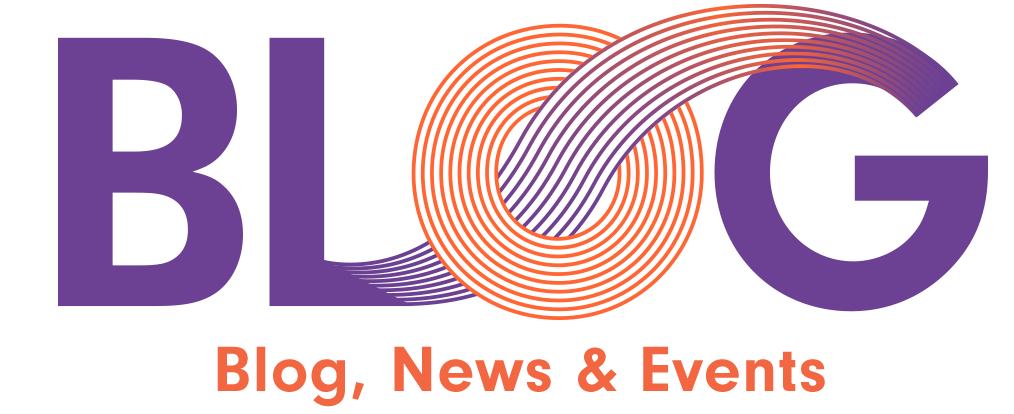
Productivity in your Pocket 10 tools for freelancers
Behind every successful business is a strong… support system. 10 Productivity tools for freelancers.

In the world of freelancing, where you are the beauty, the brains, the admin, the marketing team, and the finance department, being organized can easily fall to the bottom of your to-do list. There’s no boss or team to keep you accountable for your productivity, and keeping track of your own schedule can feel like an extra burden on top of all the work you already have to do.
Productivity tools aren’t only designed to aid you in keeping up with the workload; they’re also designed to assist you in managing your time efficiently to ensure you have and make time to take care of yourself and maintain relationships outside of work too.
Planning is a significant part of productivity. Whether you are planning for the month ahead or managing a project, the world of freelancing requires responsibility, accountability, and productivity. It may seem overwhelming at times, however, there are plenty of tools, both traditional and digital, that are designed to support you on your journey.
Remember, Time is Money
Time management is always a step in the right direction toward becoming organized as a freelancer. Managing your time is a good way to manage your income as well as allow you to gain insight into your capacity to take on new projects. It also enables you to set aside downtime for self-care and non-work-related activities.
There are many apps and software designed to assist you in managing your time effectively, as well as allowing your clients to gain access to your schedule and book you according to your availability.
Google Calendar and Google Appointments
Google Calendar and Google Appointment are two of the best productivity tools available. Google Calendar is a great, free tool for managing your schedule, while Google Appointment is great for collaborating on scheduling meetings. (Note: Google Appointment is a feature of the Google Individual Workspace, which is currently priced at UD$6/month ) These tools are available across all devices with an internet connection. So if you need a way to manage your schedule or organize appointments with clients or colleagues, look no further than Google Calendar and Google Appointment!

Not (only) Inside, (but also) On Top
Managing your projects is just as important as managing your time. Having an overview of the progress of your projects allows you to stay aligned with deadlines and to track any project changes, delays, newly assigned tasks, etc.
There are plenty of online tools designed to assist with all things project management:
Evernote
Evernote is a note-taking app, project management app, to-do list app, and more. The premise is simple: you can take notes on it and then organize them into notebooks that can be accessed across all your devices.
The best part? As long as you have an internet connection, Evernote will sync the data in your notes so they’re always up to date across all of your devices (and you don’t need to worry about losing any information if something happens to one device). You can also share certain notebooks with other people through the program’s sharing features.
In addition to creating standard text notes within an individual notebook or using tags for organization purposes (like “to do” tasks), Evernote lets users snap photos from their phone cameras or save screenshots from documents or webpages; these images are automatically uploaded when opened in another tab without any additional steps required by the user!
Asana
Asana is a free project management tool that can help you manage your workload and keep track of what needs to be done. It’s great for freelancers who need to assign tasks, collaborate with other people on projects, and make sure their work is completed on time.
Asana is extremely user-friendly and the interface resembles a whiteboard with lists for each task you have to complete. You can add descriptions to each item in your list (like “equipment needed” or “email draft”), which makes it easier for others to see what needs doing and when. Asana also gives you an overview of all the items in all your projects so you can see how close they are to being completed at any given time.
But wait, there’s more! If that wasn’t enough functionality, there are plenty more features such as tagging items so they show up under multiple categories or adding attachments from Google Drive or Dropbox directly into Asana boards without leaving the app at all!
Trello
Trello is a free web-based project management application that allows users to create and organize projects, tasks, and ideas on virtual boards. You can use Trello to manage your entire business from marketing to IT, from accounting to customer support. And the best part? It’s completely free!
Airtable
Airtable is a database that can be used for anything. Seriously, anything. From project management to customer support, Airtable has got you covered. That being said, if you’re not a database person and don’t have time to get into learning one (or several), then this might be the wrong product for you.
Notion
Notion is a powerful tool for organizing and managing your projects, tasks, notes, and more. With Notion, you can create documents and folders to organize your ideas. You can also use it to brainstorm with others in real-time by creating boards for each project or task you need to complete.
Notion has a number of features that make it easy for users to manage their projects on the go:
- Drag-and-drop functionality allows users to move content around their boards easily.
- Multiple people can edit documents at the same time without overwriting each other’s changes as long as they are using the desktop version of Notion (mobile apps don’t allow simultaneous editing).

Better Safe Than Sorry
As great as it is to be able to work whenever and wherever, technology, especially hardware, is very unpredictable. Computers crash, systems don’t respond and in seconds, it could all be lost. Relying only on your device’s built-in storage is risky business. And though we don’t recommend keeping your head in the clouds, we certainly recommend making room for your work online and utilizing any of the cloud-based storage systems.
Dropbox
Dropbox is a cloud storage and file-sharing service. It’s free to use, but it has a paid option that offers more storage space. The basic version works great for freelancers. Here’s why:
- You can share folders with other people, so you can work on documents together without needing to all be in the same room at the same time.
- Files are automatically backed up, so if you accidentally delete one or drop your laptop into a toilet (or whatever), Dropbox will have it stored somewhere safe and sound so you don’t lose anything important!
- The mobile app makes it easy to access your files from anywhere—even when you’re offline!
Google Suite
Google Suite is a cloud-based office suite that offers a variety of free apps that allow you to store, create and edit documents through Google Docs, spreadsheets through Google Sheets, and presentations online using Google Slides. You can use Google Suite Apps to collaborate on your documents with other people by inviting them to view the document or allowing others to edit it.
As one of several services offered by Google Cloud Platform (GCP), this product integrates well with other offerings such as BigQuery (for data analytics) and Cloud Storage for managing storage needs
Copy + Post
If you’re in the Social Media Management / Digital Marketing space, you know that pre-planning for Social Media is an incredible way to save and maximize your time. Content scheduling is one of the best cheat codes to ever hit the internet and there are apps that do it so well, and so free!
Hootsuite
Hootsuite is an all-in-one social media management and customer engagement tool. This includes scheduling posts across multiple accounts, publishing them in bulk, listening to conversations across channels, tracking the performance of your posts and campaigns, and measuring their effectiveness.
Hootsuite is particularly useful for managing a brand’s social media presence by creating a central hub where you can monitor mentions on different platforms without having to log in separately for each one. It also has integrations with Google Analytics so you can see how well your posts are performing based on data collected from various sources such as traffic coming from search engines or referring URLs (which will help inform how much longer they should be posted). If anything goes wrong—your Instagram post did not go out; someone quoted part of it without credit—you’ll have access within seconds through alerts sent straight to your inbox so you don’t miss any opportunities!
It all comes down to this; you get the business started, but the support keeps it going. The truth is that we all need some support in areas of our lives, and your freelancing business is no different. These are some of the best tools that will assist you in getting organized, collaborating more effectively with your team, and staying on top of all your important tasks. If you are a freelancer offering creative and digital services and are looking to partner with clients to make magic, head over to the Credipple Marketplace and join as a freelancer in order to gain access to more work opportunities and increase your earning potential.
Written by Khanyisile Mngomezulu






Lwazi
This was very useful thank you so much. For someone like me who still prefers anologue and has been under a rock and resisting technology. This piece is gold.